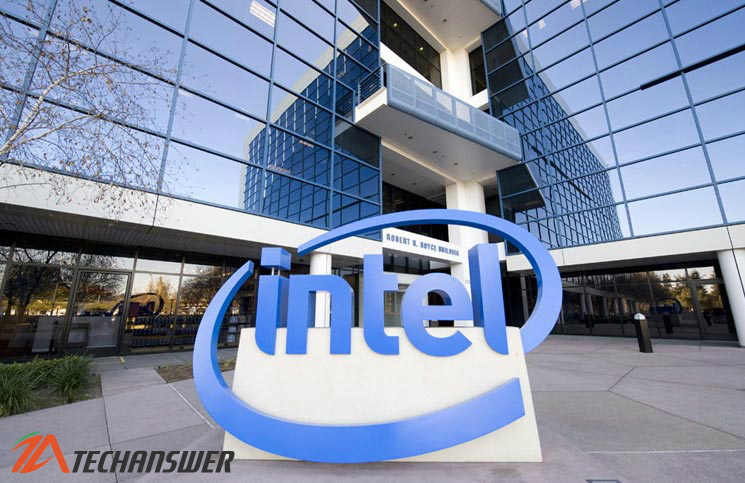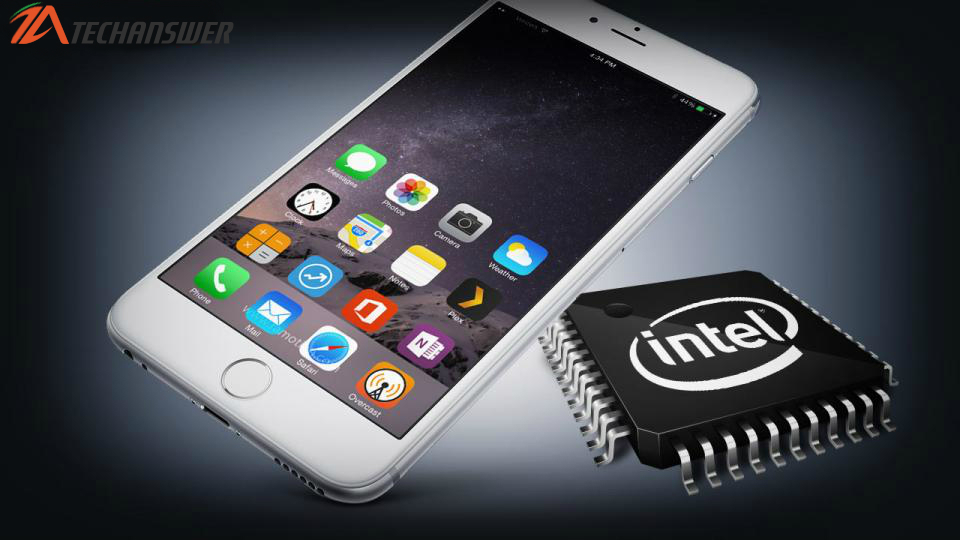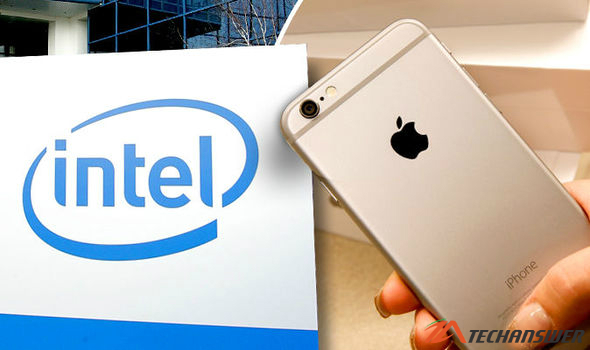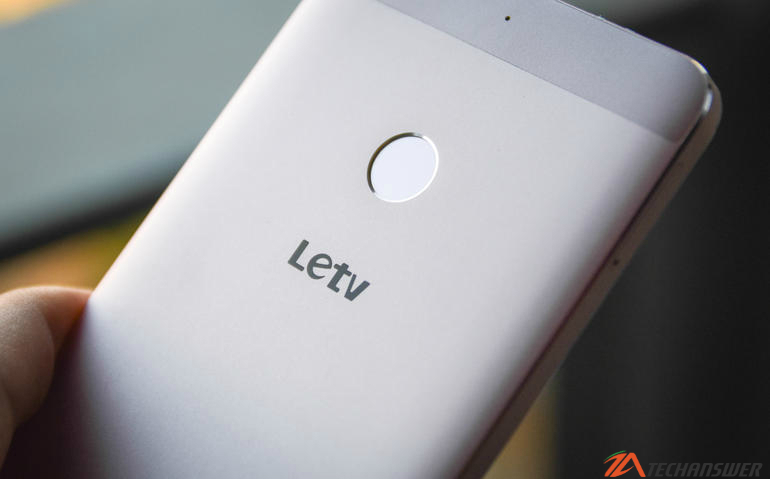Intel, which has been playing catch-up in the mobile chip market, could soon become one of the biggest players in the industry if reported deals with Apple and Microsoft work out.
If all goes well, the next Apple iPhone could be powered by an Intel processor. The chipmaker has its own ‘small army’ of people on the Apple account- something which might finally let Intel catch up with rival Qualcomm in the mobile market. As Apple is a very demanding client with the popular iPhone in its basket, Intel might be able to cash in on that. However, the chipmaker needs to supply the modems for at least some of the iPhones Apple manufactures in the coming year to be able to win the project.
A report on Venture Beat notes that Intel might be able to provide both modem and the fabrication for a new Apple system on a chip. Currently, Apple’s iPhones are powered by Qualcomm’s 9X45 LTE chip. But, according to sources, Apple might dual-source the LTE modems in its new iPhones from both Intel and Qualcomm.
Intel CEO Brian Krzanich recently announced that the Intel 7360 modem will start shipping by the end of the year, and that new products using the chips will begin showing up next year; raising hopes for the iPhone 7, having Intel inside.
Although it is said that Apple hasn’t officially signed Intel as a supplier of the modem chip, the company could earn a deal if it continues to deliver the project in time. Intel neglected to seize on the iPhone chip showcase at an early stage, and has been running a long ways behind adversary Qualcomm from that point onward. “This is an unquestionable requirement win for Intel,”
With about 1,000 people team working for the important client, the unofficial partnership could mean a larger and much deeper collaboration is on the cards.
Apple has used Samsung, and more recently TSMC, to fabricate its A-series chips used to power its iPhones and iPads to date, but if Intel proves it can supply the LTE modem for the iPhone 7, then sources say that Apple could turn to Intel to build a new system-on-a-chip (SOC) in the future, which combines both the processor and LTE modem.
Sources indicate that Apple would eventually like to create a system-on-a-chip (SOC) that includes both the phone’s Ax processor and the LTE modem chip; a design that could deliver improved speed and better power management. The chip in question actually comes courtesy of an Infineon facility in Germany that Intel bough out in 2011.
Infineon was, in fact, the supplier of 3G modems for iPhones up until 2011, so, the historical foundation for the partnership is definitely there. Furthermore, it is important to note that Intel has mentioned its intention to add CDMA support to its modems on several occasion – an important feature that would allow Apple to cater to carrier like China Telecom, which uses a combination of LTE and CDMA on its networks.
The SOC would be Apple-designed and carry the brand name, while the licencing of the LTE modem would be from Intel. The chipmaker would fabricate the SOC using its 14-nanometer process. One of the sources close to Intel revealed that Apple is also attracted by the fact that Intel is already developing a 10-nanometer process alongside its 14-nanometer process; a process that would help develop even smaller and faster processors. However, as the process is still not finished for mass production, the next phone or iPhone it could possibly power would be in 2 years time. Apple is also said to be working with Intel to optimise the 7360 chip for Apple’s phone.
With Intel’s purchase of the CDMA modem assets of Via Telecom, the LTE modem story falls into place. The technology will be used to add CDMA network connectivity to its LTE modems. This would be needed to supply phone makers selling devices into the Chinese market- a key target for Apple to gain a strong presence.
Do send your comments and don’t forget to join us on Facebook













